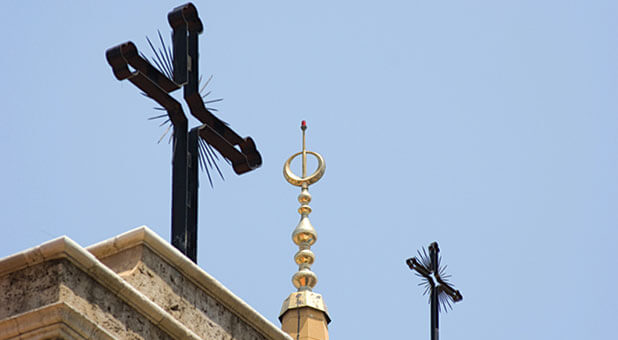A Turkish church leader explains why IM is fundamentally flawed
A national leader of Foursquare churches in the Middle East calls the premise of the Insider Movement (IM) flawed, saying the approach assumes new Christian converts must leave their culture.
“As a Christian I have changed my beliefs, but I have lost nothing of my Turkishness,” says Ihsan Ozbek, a Foursquare leader since 1999. “I am just as Turkish as I was when I was a Muslim. As Muslim background believers, we encourage new converts to maintain their relationships with family and friends within their own social environment and culture.”
And yet, while acknowledging contextualization is an important aid in evangelism, Ozbek faults the “corruption” of gospel content within IM circles. Among its faults, he lists:
It is essentially an outsider strategy. All recognized churches in the Middle East oppose IM, Ozbek says, yet foreigners coming to the region are imposing this approach as a “project.”
It encourages people to remain within Islam. “They want new converts to continue to refer to themselves as Muslims,” Ozbek says. “This is opposed to the message of the gospel and amounts to calling people into a bondage from which the gospel has set them free.”
It advises new converts to lie about their religious allegiance. By encouraging new believers not to claim to follow Christ, IM proponents are essentially coaxing those believers to remain within the culture of their Muslim neighbors.
Ozbek says there seems to be a sense of failure at the foundation of the strategy, as if the church cannot reach Muslims with traditional evangelistic methods.
“This is not a theological or strategic debate,” he says. “This is a debate about the essence of the gospel. For this reason, it concerns all Christians.”
Although Foursquare churches haven’t faced direct problems in the Middle East due to the movement, the Turkish leader is concerned it could impact the church’s future.














































